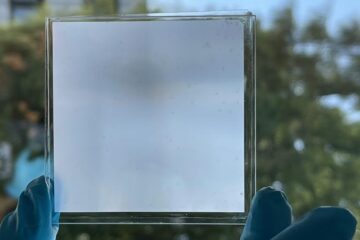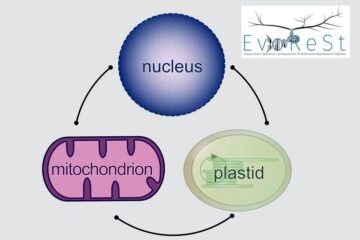Porous Metal Oxide Films

<b>Background:</b><br>
Thin porous metal oxide films offer unique physical, electrical and magnetic properties with applications in various fields including catalysis, gas sensing and separation, power storage and generation as well as biology and medicine. Currently known synthesis techniques for metal oxide films with templated porosity (e.g. dip-coating, spin-coating) show significant limitations when they are faced with large substrates and/or substrates with a micro-structured surface.<br><br> <b>Technology:</b><br> We offer an improved method for the production of porous metal oxide films on a substrate using template assisted electrostatic spray deposition (ESD). It overcomes all known problems of current technologies like dip- and spin coating.This novel method is able to produce unisized mesoporous and macroporous films by directly controlling the size and concentration of the pore forming organic templates in an initially formed precursor solution. <br><br> <b>Benefits:</b><br> <ul> <li>Hierarchically structured meso- and macroporous films</li> <li>Control of pore morphology (volume, size, distribution, connectivity)</li> <li>Pores can be coated with catalytic active material</li> <li>Various substrates can be used</li> <li>Coating of large substrates</li> <li>Easy transfer to industrial applications</li> <li>Production under room conditions</li> </ul><br><br> <b>IP Rights</b><br> PCT Application with priority on October 2009<br><br> <b>Patent Owner</b><br> Technische Universität Berlin
Weitere Informationen: PDF
ipal GmbH
Tel.: +49 (0)30/2125-4820
Ansprechpartner
Dr. Dirk Dantz
Media Contact
Alle Nachrichten aus der Kategorie: Technologieangebote
Neueste Beiträge

Neuartiges Material für nachhaltiges Bauen
Innovativer Werkstoff für eine energieeffiziente Architektur: Forschende des Karlsruher Instituts für Technologie (KIT) stellen in der aktuellen Ausgabe der Fachzeitschrift Nature Communications ein polymerbasiertes Material mit besonderen Eigenschaften vor. Das…

Neues Antibiotikum gegen Erreger der Flussblindheit und Lymphatischen Filariose
Prof. Achim Hoerauf, Direktor des Instituts für Medizinische Mikrobiologie, Immunologie und Parasitologie des Universitätsklinikums Bonn (UKB), und seinem Team ist es in Kollaboration mit der Abteilung Pharmazeutische Technologie und Biopharmazie…

Evolutionäre Genomik: Folgen biodiverser Fortpflanzungssysteme
Die Deutsche Forschungsgemeinschaft (DFG) fördert die Einrichtung eines neuen Graduiertenkollegs (GRK) in der Biologie an der Universität Göttingen. Das GRK mit dem Titel „Evolutionary Genomics: Consequences of Biodiverse Reproductive Systems…

















